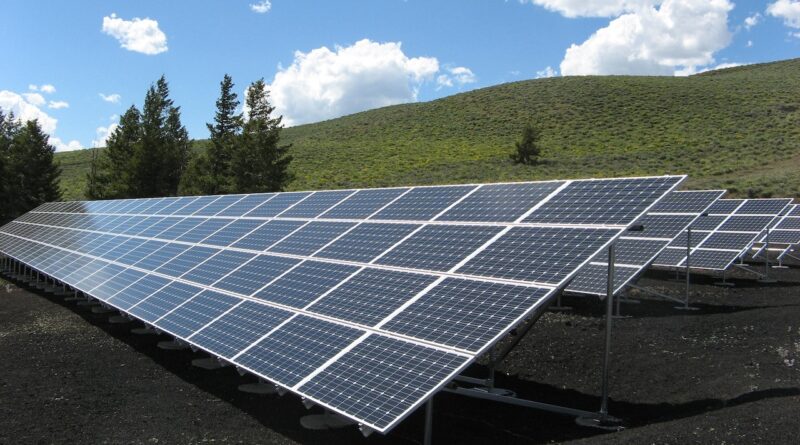What are surpluses in a photovoltaic installation?
When a sales representative from a photovoltaic energy company contacts you to offer their services, the first thing they will tell you is that you will save on your electricity bill. These companies install equipment capable of producing enough energy so that, even if you consume more than the average amount of energy per month, you will still have some extra energy just in case.
But do you know what happens with that surplus energy that you produce?
You can sell it!
You may be thinking about buying as many solar panels as possible, selling all the energy you produce, and starting a business that will give you passive income for the rest of your life, but I’m sorry to say it doesn’t work like that.
To better understand this process and use a more technical language, you should know that this is known as “Surplus Compensation” or “Surplus Dumping”, which is an extra incentive for photovoltaic energy.
Surplus compensation, as its name suggests, compensates for the surplus with expenses. Therefore, all the energy that you dump (sell to the energy supplier) will be deducted from your consumption.
However, even if you don’t get a financial amount in your bank account every month, what you achieve is a significant reduction in your energy consumption expenses.
What requirements do you have to meet?
If you decide to install a photovoltaic system, to benefit from your surpluses, you must meet a series of requirements that we list below:
- Obviously, the energy source must be renewable.
- The total installed power must not exceed 100 kW, which is unusual in a standard home.
- You must legalize your photovoltaic installation and register as a self-consumer with your Autonomous Community.
- The photovoltaic installation cannot be subject to any additional remuneration system, so it must only be decided for this.
- In addition, you must register only one supply contract for associated consumption and other auxiliary consumptions with a supplier.
Regarding the procedures, you should discuss it with the photovoltaic company you are going to work with because, in some cases, they handle all the paperwork.
Negotiate with your energy supplier
You will have to negotiate with your energy supplier about the price of that dumped energy. At this point, it is recommended to negotiate with other suppliers to know the offers of the competition because it may be interesting to switch companies if the opportunity arises.
The first advice you should follow is to request a regulated tariff price because in this tariff, the kWh price is not pre-established but varies throughout the day depending on the price of electricity. That is, if the price of electricity goes up, so will the price at which your surpluses are compensated.
Another advice we are going to give you is to always bargain. It is essential that you agree on an interesting price for both parties, or else you may be better off storing that energy in a battery.

